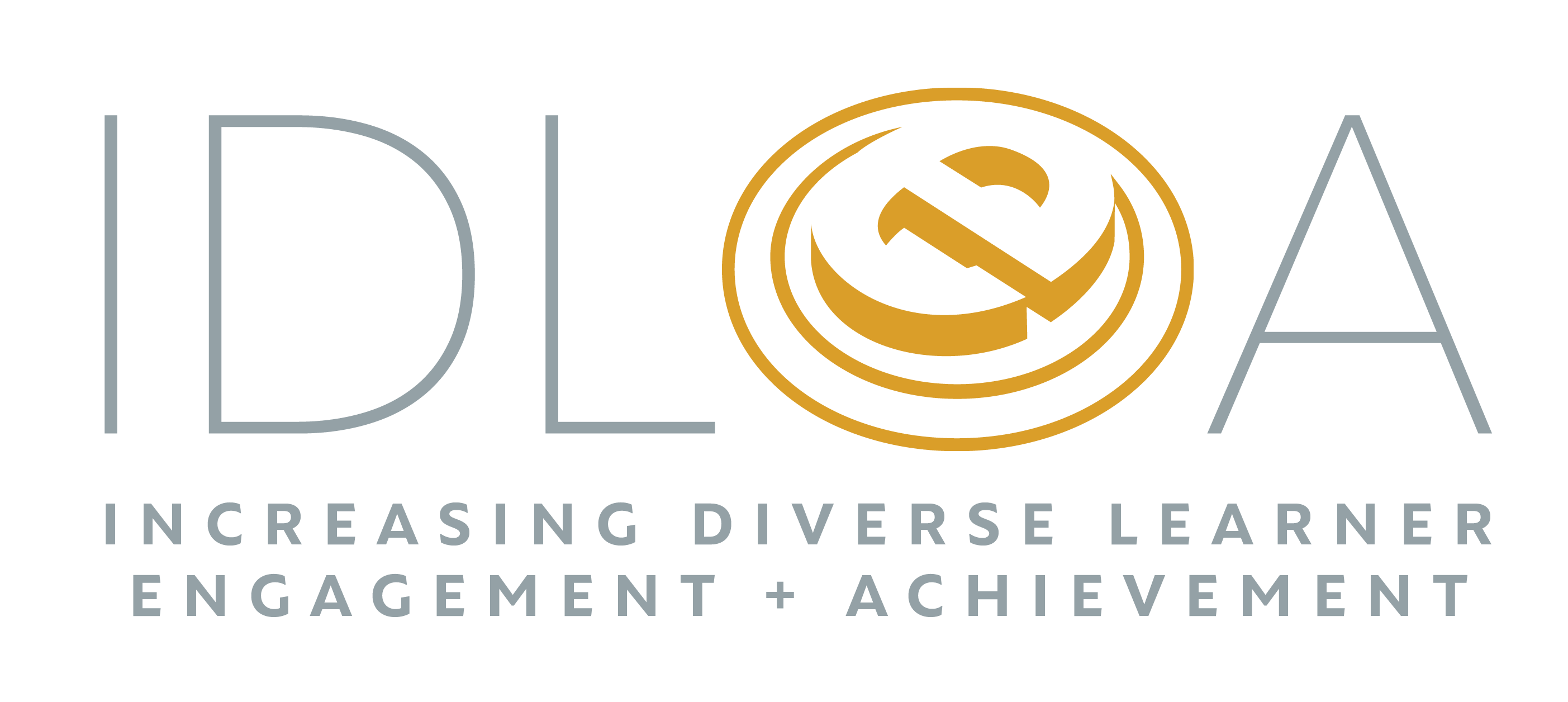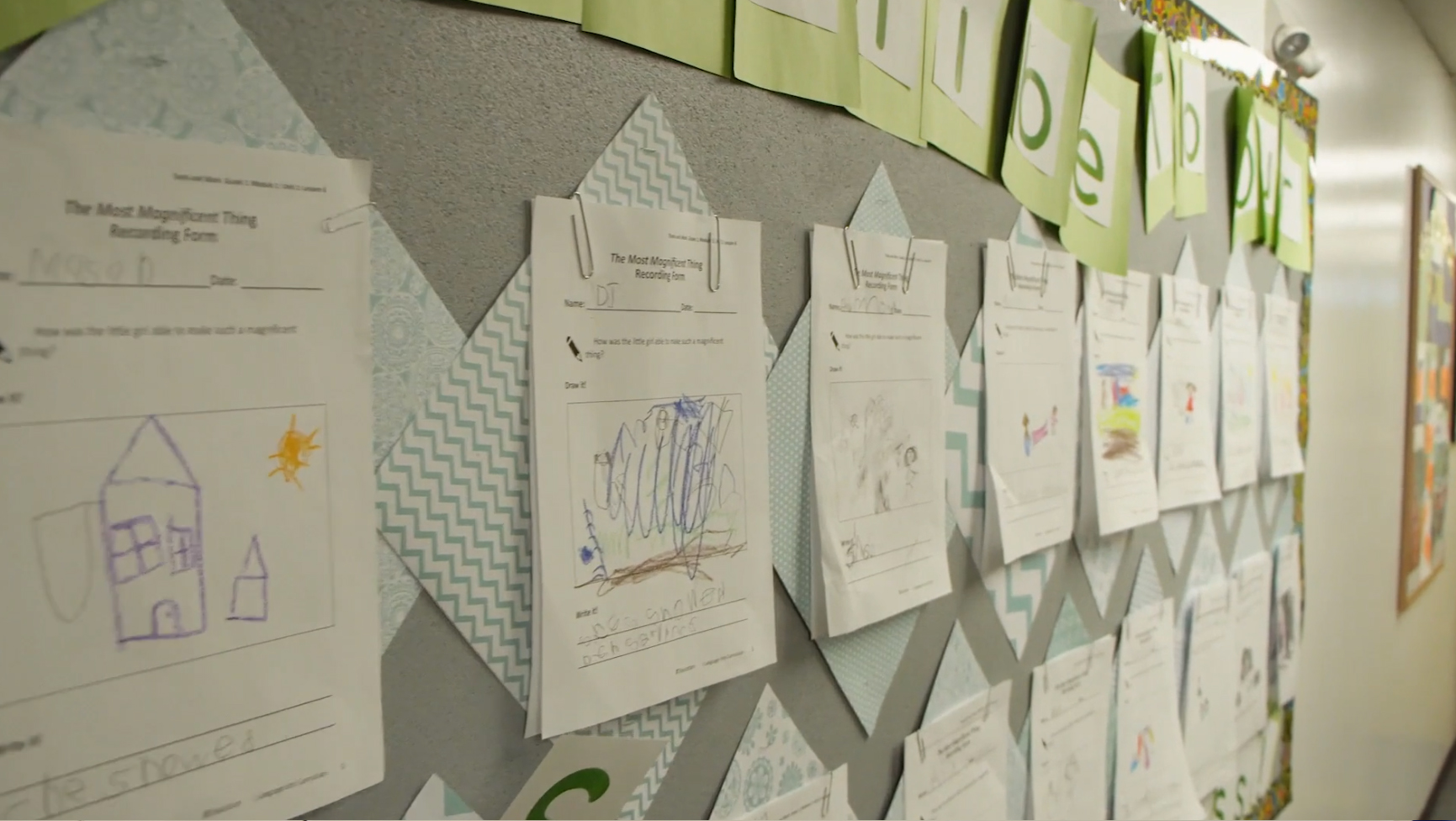“With our population being 40% latino, 40% black and 20% white, we really want to be inclusive of all the students in how we talk about learning and how we facilitate that learning and engagement."
—Tony Wright, Special Education Manager
Engaging Students with Bloom’s Taxonomy & BBERG
At Academy 360 (A360), a PK-5 charter school in the Montebello neighborhood of Denver, staff seek to provide a whole child education in a safe, equitable learning environment. Utilizing the RISE Grant, they are focused on developing student-first objectives within the framework of Bloom’s Taxonomy, an educational model that classifies learning into six distinct categories.
Tony Wright, Special Education Manager at A360, shares that they embarked on this endeavor by first creating weekly, monthly and unit calendars with objectives and deliverables, while individualizing as much as possible so that students are moved to the next level.
“We’re using Bloom’s Taxonomy to develop strong questions for students and push them to that next level of thinking,” says Tony. “Instead of just focusing on remembering and understanding, we want them to think about analyzing, applying, evaluating and creating.” Looking at each weekly calendar, there is a continuous, fluid movement. A teacher builds each day on what was learned the previous day, incorporating keywords into their lesson plan that point to the learning category for that day.
What they’re finding is a greater engagement with students. “If a child is struggling, we can scaffold back to the previous day’s lesson plan, allowing students to get that cognitive lift,” says Tony. To gauge their success and that of their students, the team at A360 has created an observation rubric, a list of mastery “look-fors” and a feedback loop. The school’s two instructional coaches are also meeting regularly with teachers to gauge the new lesson planning process.
Sammie Belter, a 5th grade teacher at A360, explains, “What we're really hoping is that once this process becomes more of the norm for them, the kids will really start to dive in on Thursdays and Fridays and make their learning their own.”
This spring, once students have engaged with this higher cognitive lift, A360 plans to implement various components of Brene Brown’s Daring Classroom. With the Brene Brown Education and Research Group (BBERG) Belonging Statement as inspiration, they hope to help students take ownership of their education. The ten-part BBERG Belonging Statement also supports A360’s priority of inclusivity.
“With our population being 40% latino, 40% black and 20% white, we really want to be inclusive of all the students in how we talk about learning and how we facilitate that learning and engagement,” says Tony who shares that staff is also reading Brene Brown’s book, “Daring to Lead.”
“We have a great group of educators and instructional coaches that are working to make this a reality for our students,” says Tony. “One thing that has really surprised us is just how much teachers want to dive into this work and really ensure students' needs are being met.”
“I’ve enjoyed it alot,” says Sammie. “Monday is when Ms. Sammie does a lot of the talking, but then we get to Friday and the kids really get to explore and create.”


